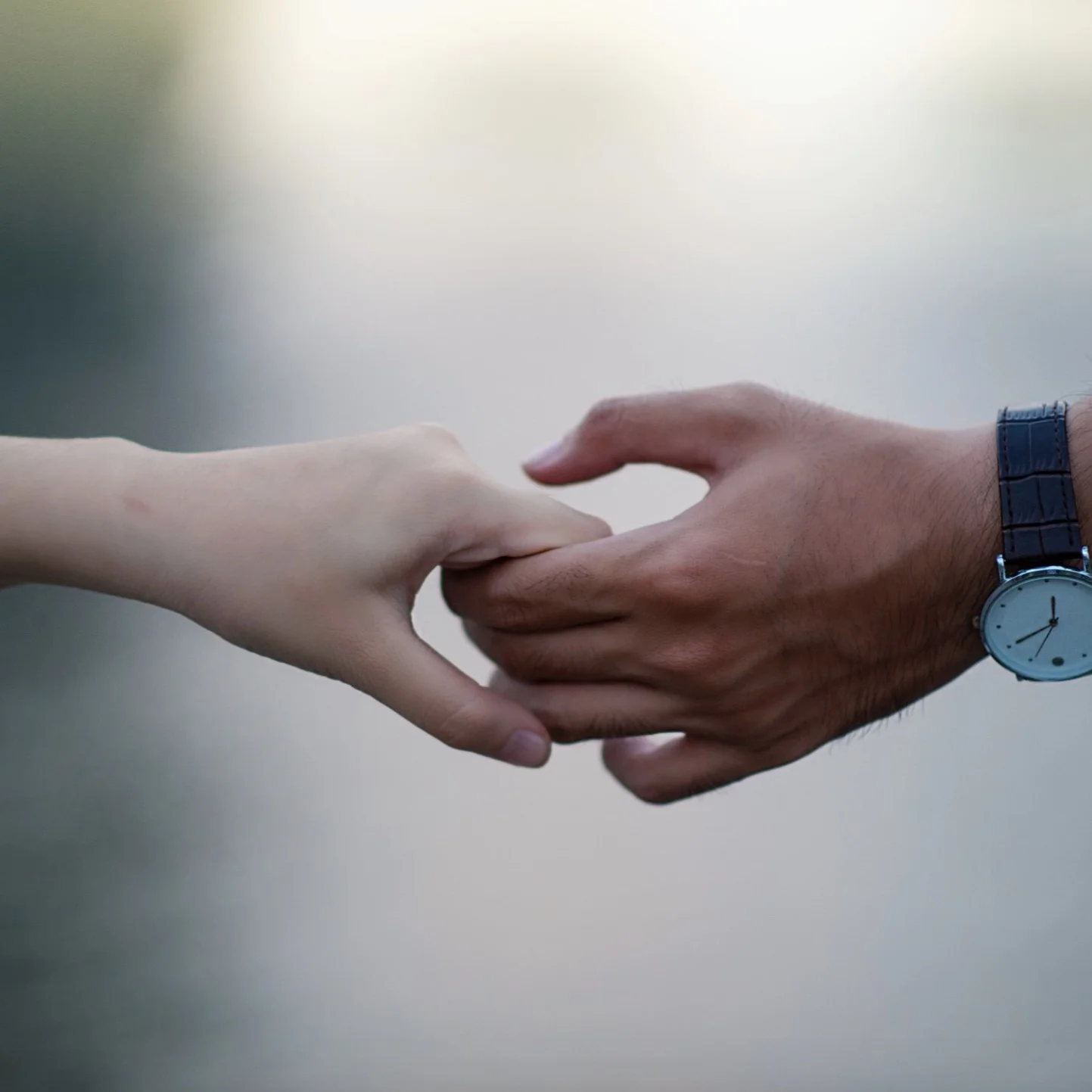Travel Safety Tips
by STEPHANIE LIU
Winter break is here and you can’t wait for your trip abroad! You want to make it memorable, but remember that safety is your number one priority. Read on to learn more about ways to stay safe and sane on your excursion! However, please keep in mind that some countries are regarded as more safe than others and that threats and dangers prominent in one country may not be so much a problem in another.
PRE-TRIP SAFETY AND TRAVEL TIPS
The U.S. Department of State
Visit https://step.state.gov/step/ to register your trip with the U.S. Department of State and get updates about safety in the area you are travelling.
Know where you can/cannot go: the Department of State website https://travel.state.gov/content/travel.html also has information on specific areas within countries where you must exercise increased caution, and suggestions on how to do so.
Emergency Information and Contacts
Write down emergency info:
contact numbers for the ambulance and the police
address and directions to a local U.S. embassy
Let family members staying behind know of your travel itinerary: Let them know the dates and lengths of stay for each place you will be going to; update them of any plan changes. If you have family and friends in your destination country, notify them also.
Consider travel insurance: It can cover cancellations or delays, medical emergencies, and loss of valuables; it may also provide a 24/7 assistance line you can call for emergency help. [1]
Disaster and Medical Help
Do some research about the natural disasters commonplace in your destination country, know the alerts used to signal the onset of these disasters, and understand how to follow the safety protocols during these times.
Pack a First Aid Kit:
Bandages for minor scrapes and cuts
Pain relievers like Ibuprofen for headache, dental pain, menstrual cramps, or muscle aches
Hydrocortisone creams for rashes
Antibacterial creams like Neosporin to prevent infection from cuts
Antiseptic wipes for cuts and scrapes
Loperamide tablets for diarrhea [3]
Hot Tip: Some countries may prohibit entry of certain medications, even over-the-counter medications, so do some research beforehand!
Banking Matters
Make sure to notify your banks of your travel plans prior to departure to prevent getting your cards locked down. Also, ask your bank about ATM machine use while abroad; you may be able to withdraw at certain ATMs with waived ATM fees. Some ATMs, however, may not recognize your card and even eat it.
Exchange some money prior to leaving. Avoid exchanging at airports as the exchange rates are typically not in your favor.
Technology
Purchase an adapter and/or a voltage converter:
Power outlets vary in the number of holes they have and the shapes of their holes; make sure that the plugs on your electrical appliances fit the power outlets of your destination country; if not, bring an adapter to make the connection.
Power outlets also produce varying voltages; U.S.outlets output 120 volts, but certain countries have outlets that output higher voltages. Check your devices to determine their range of input voltage; you may need to buy a converter if your device inputs less volts than your destination outlet outputs. [2]
Phones: Check with your carrier to determine the best plan to use while abroad. You may also consider purchasing a local SIM card, which allows users to call and access internet locally.
TRAVELLING SAFETY TIPS
Money Matters
Carrying Cash
Carry emergency cash: This can be extremely useful in case your money bag gets stolen. In countries with high rates of theft, you may even consider hiding cash in shoes, a hidden inner pocket, or in an inner compartment of your backpack. You can also hide a backup credit card. By all means, do not place cash in an outer zipper pocket or your back pants pocket.
At ATM machines: Try to take out cash with a buddy and only use ATM machines in safe places during the daytime. Cover your pin as you key it in and be wary of people around you who may snatch the cash once it is out.
Carrying Valuables
Bring your own locker padlock while staying at hostels as you never know if other locks have been toyed with. [1]
Use your backpack as a pillow on overnight trains/buses. [1]
Use a cable to lock in your bag to a seat and use slash proof backpacks. [1]
Project self-awareness: Do not look absent-minded or distracted, and pay attention to your surroundings. In other words, do not be fixated on your phone and stay alert in public places, especially those considered theft hotspots. The safest way to travel is to act like a local; you should therefore do research on how to reach your destination beforehand. This deters you from constantly checking a map or your phone. [1]
Leave your passport at home but bring a copy of it on you; you may need to carry your ID if you plan on buying alcohol or going to a bar. Taking your passport out in public increases the chances of it being stolen or getting lost.
Transportation and Navigation
Ride with a friend whenever you can in every mode of transportation, especially in cars. Use and be knowledgeable of reliable transportation services and companies (be wary of fake ones).
Travel in numbers: Doing so deters thieves, who can more easily target the unsuspecting solo traveler. If you are solo backpacking and living at hostels, consider making a new friend out of a fellow traveller to later explore together. However, it is important to be wary of new people you meet. Always trust your instincts!
Use Google Maps with earphones: Plug in one earbud to listen to the directions as you walk but leave the other ear unplugged so that you can still hear your surroundings.
Avoid putting yourself in dangerous situations: Know your limit on alcohol, who you can count on, and how to get home. Excessive drinking can make you defenseless and an easy target to many dangers.
Hot Tip: Regulations on drug and alcohol use differ from country to country. Be aware of the do’s and don’ts in yours.
Food and Drink Safety
Allergies: If you have allergies, write this fact down on a card in the language of your destination country to show when needed. This method prevents misinterpretations that may jeopardize your health. [1]
Food: When going for street food, stalls with long lines are a safer bet than those with shorter ones. There may be a number of reasons why a line may be longer including bargain prices, but one reason may be that the hawker is reputable for serving delicious, well-prepared food. If you are not sure where you should eat, ask the locals for suggestions. [1]
Water: Be knowledgeable of where you can get clean water. Most countries have undrinkable tap water, so you may want to bring your own water to restaurants. You can even invest in a reusable water bottle and fill it with water boiled from home. [1]
Socializing Safely
Asking for help: In terms of where you can get the most trustworthy help, front desk workers, your hosts, and institutions at which you study or work are the best bet. Next in line are locals. Taxi drivers, however, can be a hit or miss. Some drivers may not be from the area. [1]
Divulging information: It is important to not give too much away. When talking to strangers, and asked about the location of your stay, provide only the general area of residence or create a harmless lie by giving another area. Additionally, if you ever feel uncomfortable with the new people you’ve met, do not divulge that you are a first time traveller to the country if you are. Doing so may make you an easier target for scams and unwanted losses. [1]
Dressing and behaving appropriately: It goes without saying that when you are in a country, following rules and showing proper etiquette is a sign of respect; keep in mind that as a foreigner, you may be perceived as representing the country you are from.
Personally, I have been asked about my specific travel plans for the day by a very eager stranger who wished to join me. This occurred in a dining hall at a hotel where I stayed. Please lie if you feel that you need to and do not feel bad if you think your lie was easily detectable. Your safety matters most!
BOTTOM LINE
Don’t let your travel experiences be ruined by mishaps or put your health, or worse, your life, on the line. Instead, take the reigns and be the master creator of your travel experiences! Being prepared gives you more confidence, mitigates worry, and reduces possible anxiety of your safety from family and friends. Always remember that different countries have dangers more commonplace than others. It is your responsibility to do some research on your destination country!
REFERENCES
“25 Important Travel Safety Tips Everyone Should Know.” expertvagabond.com. (2018). https://expertvagabond.com/travel-safety-tips/
“Plug, socket & voltage by country.” worldstandards.eu. (2018)
https://www.worldstandards.eu/electricity/plug-voltage-by-country/
“How To Pack a Professional Travel First Aid Kit.” nomadicmatt.com. (n.d.)
https://www.nomadicmatt.com/travel-blogs/first-aid-kit/










